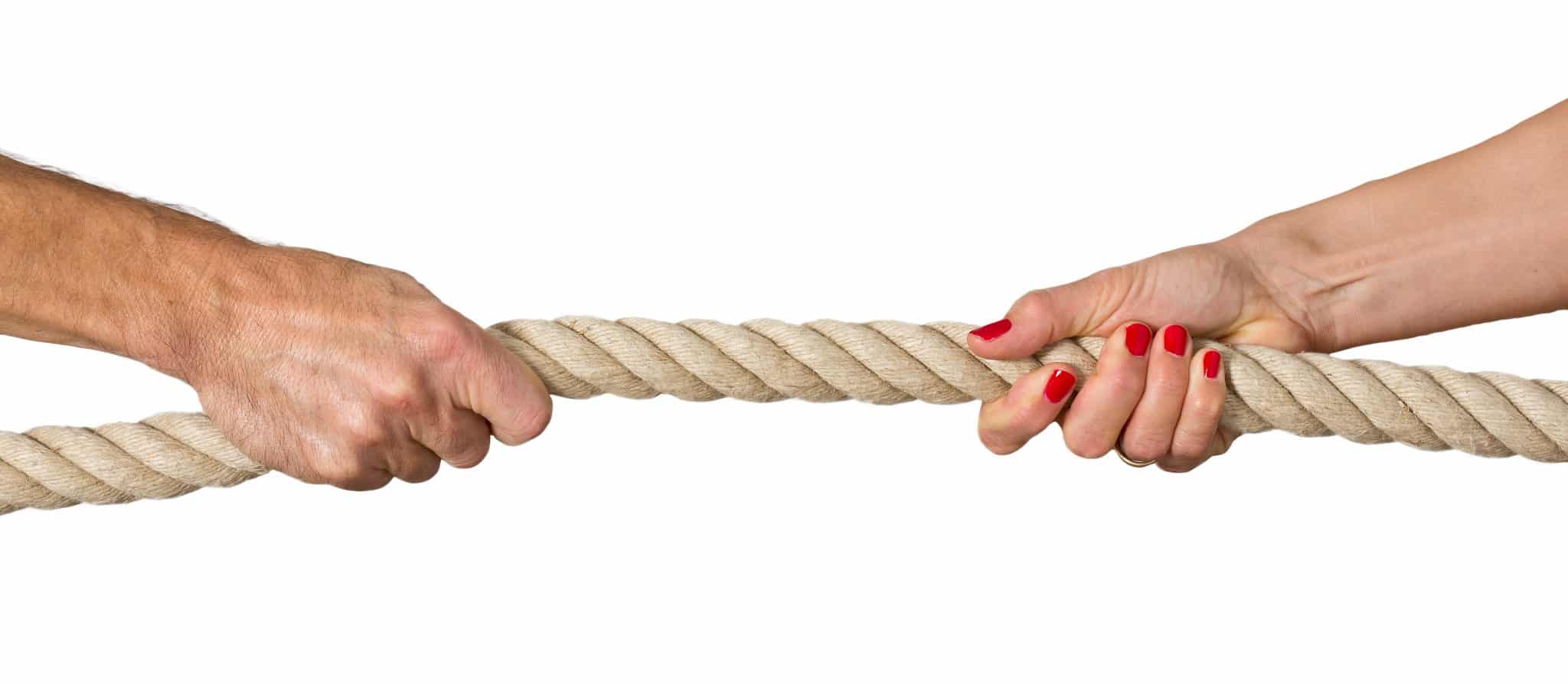No matter the situation, divorce and separation are always emotionally trying experiences for all parties involved. There is a multitude of reasons why a couple may decide divorce is the best option. The most common reasons are infidelity (cheating), physical / emotional abuse, money issues, absence of intimacy and lack of communication, to name just a few. But whatever the reason for a divorce / separation, it has the potential to affect many aspects of life.
What is on this page
The Impact of Divorce on Mental, Emotional, Relational Health
Some individuals may face the possibility of becoming a single parent, having to leave their home and losing someone they loved, among many other reasons.
When undergoing divorce/separation counselling, it is important to remember that the therapist is not there to weigh-in, but mostly used to lessen the stress of any potential impending divorce, for all parties including children.
Counsellors can help individuals with many different aspects of the divorce process including how to broach the subject with children / family, talking through emotions to help fully understand themselves and their partners, healthy and safe coping mechanisms, adjusting to divorced life, improving self-care and much more.

Why divorce counselling?
Therapy / counselling for divorce or separation is a tool to help those involved work through emotions, reflect on issues and develop healthy coping strategies. A trained professional is there to help manage and process feelings, aid in adapting to a new type of life and to provide a safe, non-judgmental place to work through the entire process and help gain some clarity.
If there is a child / children involved in a divorce, some parents decide to include their children in the process in order to help them better understand, make them aware of the situation and the expectations going forward. For some, divorce / separation counselling also helps individuals achieve a sense of closure if the marriage has been especially difficult.
Types of therapy during divorce / separation
Because of the many potential reasons for the initial divorce, there is a choice offered on what type of therapy an individual requires. There are three main types of therapy for divorce or separation. Depending on the whole situation, the amicability of spouses and any children involved, there will be an offer of individual therapy, couples therapy or family therapy.
Individual Therapy – Individual therapy, as the same suggests, is where the individual goes to therapy alone. This can be due to any number of reasons, but essentially means the therapist has full focus on one person for a one-on-one session to work through issues with a rational perspective.
Couples Therapy – Couples therapy is where both parties are invited to the sessions to try and facilitate a healthy and constructive divorce. In some cases, the therapist can act as a sort of mediator to ensure a more amicable process of development and understanding, boundaries and expectations for both parties.
Family Therapy – More often than not, this type of therapy is used when children are involved and where a more delicate approach may need to be taken. This ensures that there are no negative comments to or from either parent around the children, where both parties understand the importance of helping a child get through, what could potentially otherwise be a traumatic situation for a child.
What happens in divorce counselling?
Sometimes it can help to think of divorce counselling as marriage counselling, except for the fact the decision to divorce has been made. Divorce counselling entails preparing all parties for the next steps and what to expect after the divorce, working through feelings, anxieties and issues about the future and much more.
One important thing to remember is that you have to go into counselling with an idea of what you want out of your sessions, what you expect to cover, any issues you specifically want to address, where you would like the sessions to end up and so forth.

Would a therapist ever recommend divorce?
In a word, no. Unless there is evidence of physical or mental abuse within the relationship, a divorce is the last resort. A therapist’s first priority is the individual’s wellbeing. The decision for a divorce is never up to a counsellor or therapist – it is down to those in the marriage. The job of a divorce / separation counsellor, depending on those involved (individual/couples/family), is to be a pillar for those involved, perhaps act as a mediator, or just be there to support and listen when clients need a bit of extra strength, encouragement or whatever else they require.
It is important to remember that just like every relationship is not the same, neither is every experience with divorce or separation and each individual party’s reaction to the situation. When divorce or separation has been decided, a therapist is there to serve as a safe point of contact and positive influence.
As mentioned, separation and divorce can be stressful, and often traumatic, for the parties involved – especially if there are children in the mix. Therapy is a great way to help make a stressful, difficult situation seem manageable. Without support from therapy or counselling, what is already a difficult situation can be made even more painful and challenging.

